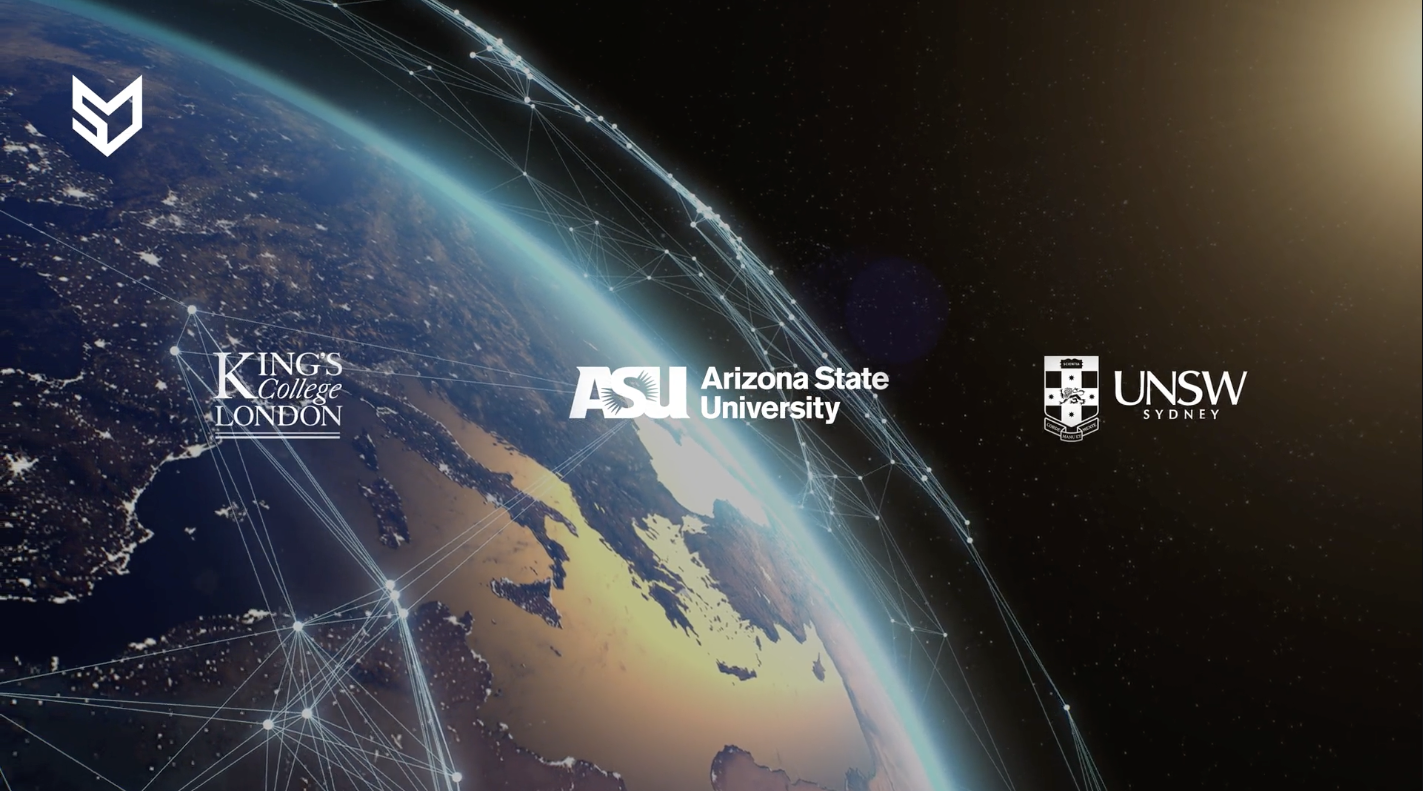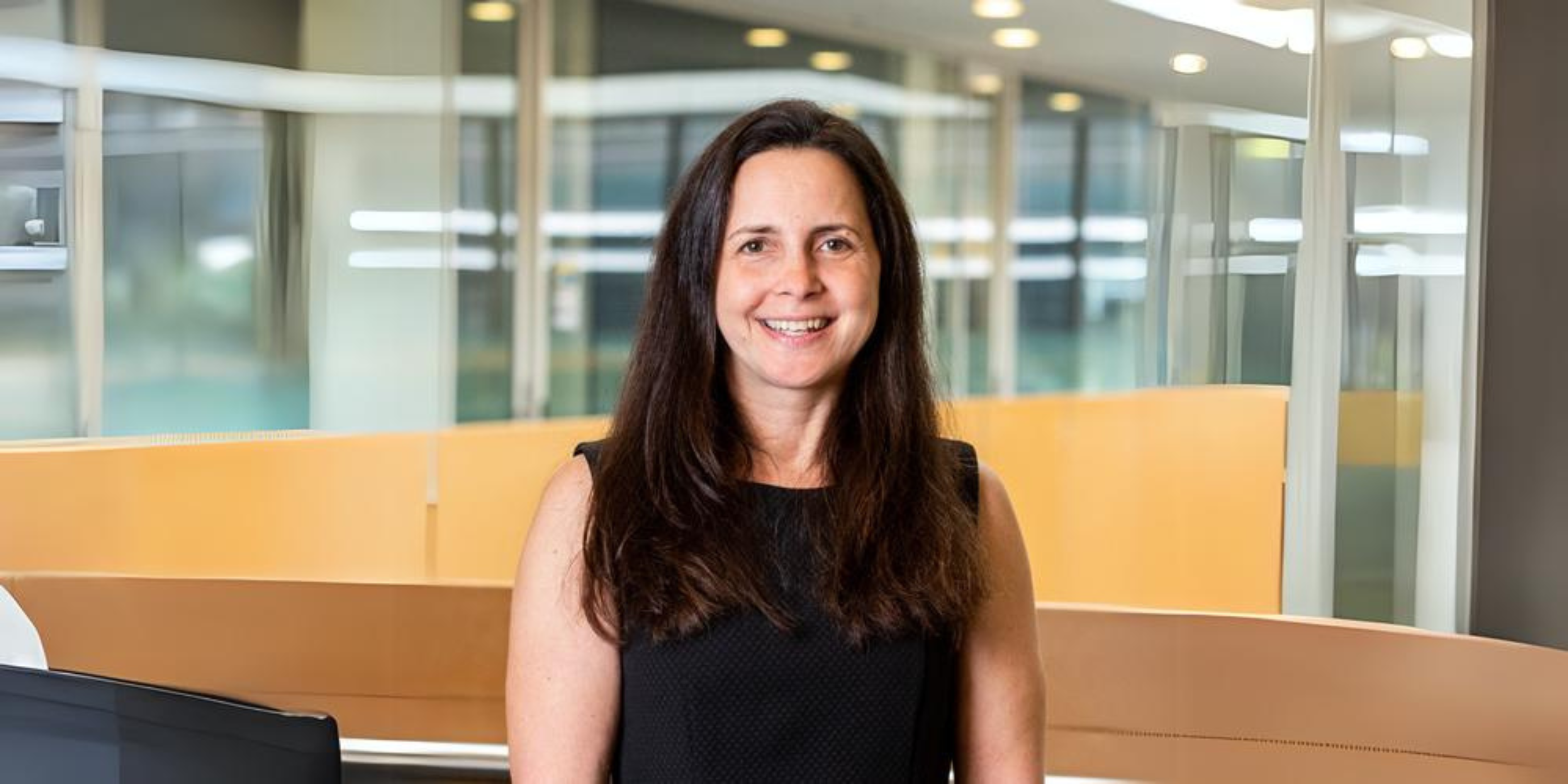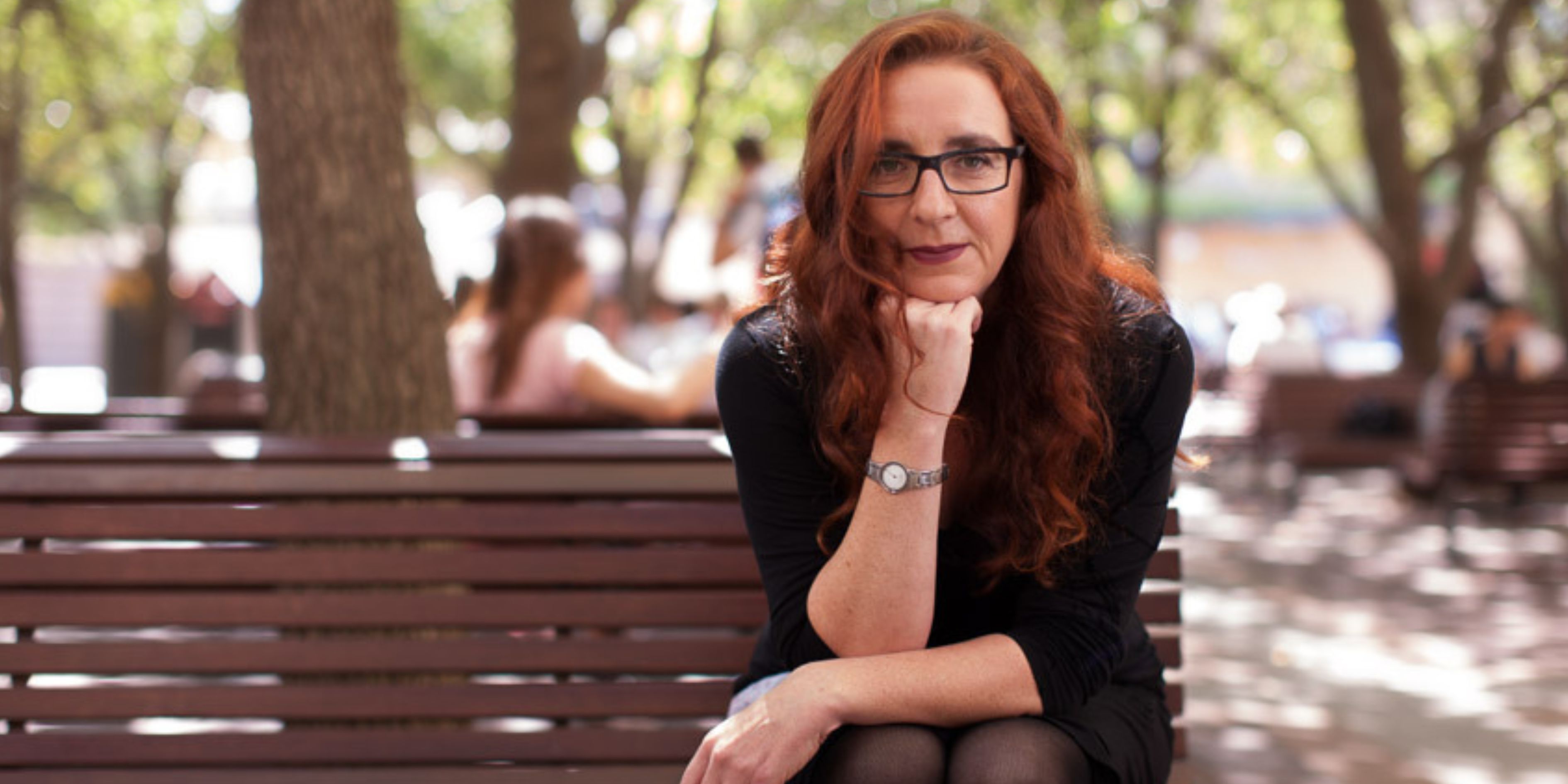In our ongoing series of Visible Women profiles, where we celebrate women at various stages of their leadership journey, we meet Danielle Russell, a PhD Candidate from Arizona State University who is about to move to Sydney, Australia, to start her role as a Postdoctoral Research Fellow at the University of New South Wales.
Danielle's work revolves around community-based research, focusing on promoting health equity for people who use illicit drugs. She is also the founder of Phoenix Community Consulting, a research consulting company dedicated to supporting community-based research initiatives.
Danielle's commitment to drug user rights and health equity fuels her community activism and mutual aid efforts, leading to her being selected as an inaugural recipient of the Jude Byrne Award. This international award is designed to foster expertise and resilience in the next generation of female leaders who use/have used drugs.
In our interview with Danielle, we find out how she has navigated challenges such as becoming disabled due to leg wounds, what drew her to community research, and what changes she’d like to see to make gender equity a reality.
What challenges have you overcome to get to where you are?
My academic journey started after I became disabled. I’d been injecting into my legs, and this - combined with wearing heavy steel toe-capped safety boots strapped over my shins for work - led to wounds on my legs that meant I couldn’t walk. I ended up on disability and couldn’t work, which is when I registered for a few courses at community college.
Taking sociology courses really highlighted some of the socio-structural harms that had impacted my life and helped me to step out of the individual ‘blame and shame ideology’ that’s imposed on so many people who struggle with their relationship to intoxicants.
This inspired me to start a non-profit, where we would get Narcan (when it was still illegal) from out of state and bring it into Arizona to distribute to people who use drugs, along with sterile syringes. Narcan is a medication used to reverse the effects of opioid overdose. I also started doing mutual aid with other drug users in my community.
My legs are still pretty messed up today, and at their worst, the gangrene had a really bad odour. Smelling badly really drained my confidence. I don't know that I can say I have overcome all of my challenges because, honestly, I still face the same challenges I did when I first started at community college. Aside from the issue with the gangrene and odour issue, I went through months of wound debridement, so I no longer have to deal with that, which is great.
How did you discover the potential of community-based research and what drew you to it?
After I graduated with my Associate in Applied Science (A.A.S.) from community college, I transferred to Arizona State University into the Justice Studies program, where I took courses on critical disability studies.
The more I suffered and saw others suffering through similar issues, the more determined I became that things needed to change.
I truly believe research can be a catalyst for social transformation. Research is powerful. It allows you to shape narratives about people, communities, and issues. Historically, the researchers who have this power have not been people who use drugs.
I learned about community-based (or some might even say community-led) research in an MS research methods class. It was such an amazing way to share the power of research with community, and I was hooked.
What advice do you have for women who have faced similar challenges
I do my best to navigate the challenges I face. But I think a lesson I am constantly learning as a disabled person is that it’s okay not to overcome some challenges.
Everyone faces different challenges in life, and embracing that difference makes us less bitter about it. After all, difference is one of the things that makes the world a beautiful place to be.
Instead, I’d like to see us make the world a little more friendly to people who are struggling or navigating challenges, regardless of whether they overcome them.
What is your ultimate ambition, and how do you plan to get there?
My ultimate ambition would be to see drugs legalised so people who use illicit drugs aren't dying and harmed. I'd also like to see people access health care without barriers and stigma - including access to replacement drugs like methadone. This access is currently carceral and inaccessible to many who could benefit from it.
As a researcher, working in collaboration with community offers the opportunity to organise with other directly impacted people, to advocate for social change.
I hope to build solidarity with others in this way and utilise research as activism and a tool to shift narratives about illicit drugs and those who use them.
Although I have only worked on a few community-based studies so far, I have seen first-hand how this has the power to build the self-esteem and capacity of people who use drugs to self-advocate and increase stability in their lives.
Because I have had the privilege of higher education, this is the path I will use to help work towards the larger goals of drug decriminalisation/legalisation and health equity for people who use drugs.
What is the one thing you would like to see changed in your area/sector that will move us towards gender equity in the workplace?
I would love to see more first-generation women supported in higher education and actively recruiting women who have experience with state violence because they’ve used drugs.
This especially includes removing barriers for women with criminal records from being hired in university settings. The university should lead the way in ending criminal background checks as a requirement for employment.
Graduate school also feels like a mother-free zone. If we are serious about gender equity in the academic workplace, we could start by making graduate school more supportive of students and faculty who are parents.
What advice do you have for other women who want to enter your field /gain better recognition for their work?
Don’t be afraid to put yourself out there and approach people who are passionate about the things you are passionate about. Find ways to connect with people who are doing work you believe in and want to support. Or, I think about how we started bringing Narcan and delivering it to people when it wasn’t available or legal. If you see an unmet need, don’t wait for someone else to give you permission because that moment may never come.
So much amazing mutual aid work with people who use drugs goes unrecognized. It can feel uncomfortable to many of us to be loud and proud about our work and accomplishments. But especially as women, and for those of us who come from other marginalized backgrounds, it’s important to remember that other people like us also see what we are doing when we are recognized. I say this because if you want to gain recognition for your work, you have to find that confidence to put yourself out there and make people aware of what you are doing and how what you are doing matters.


